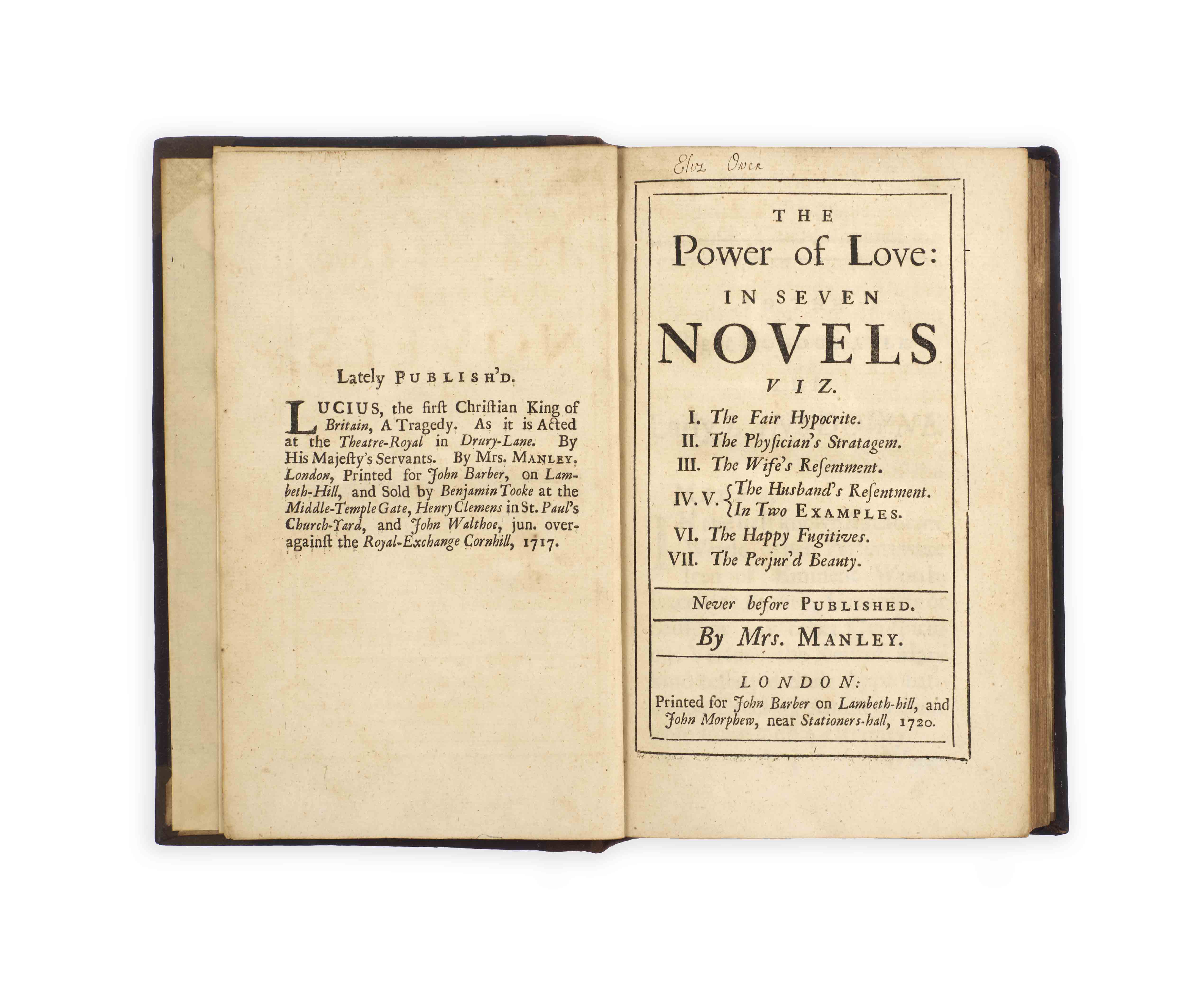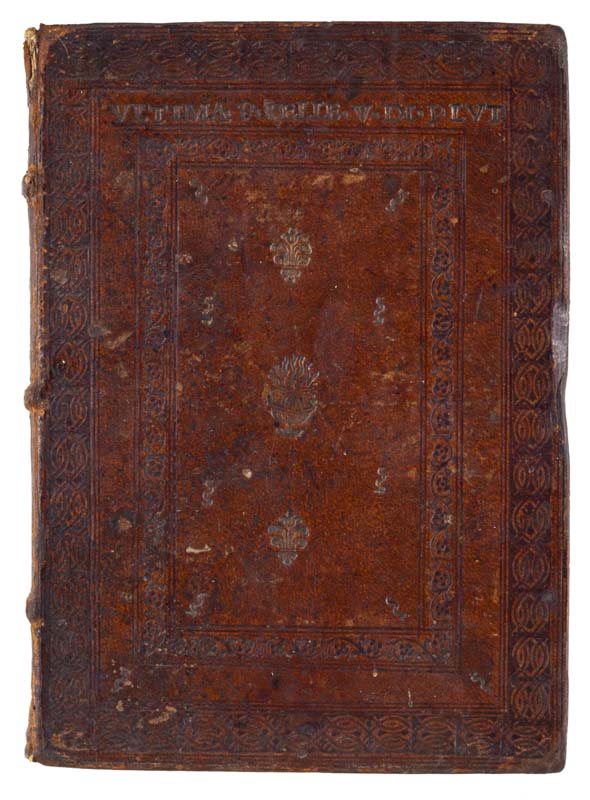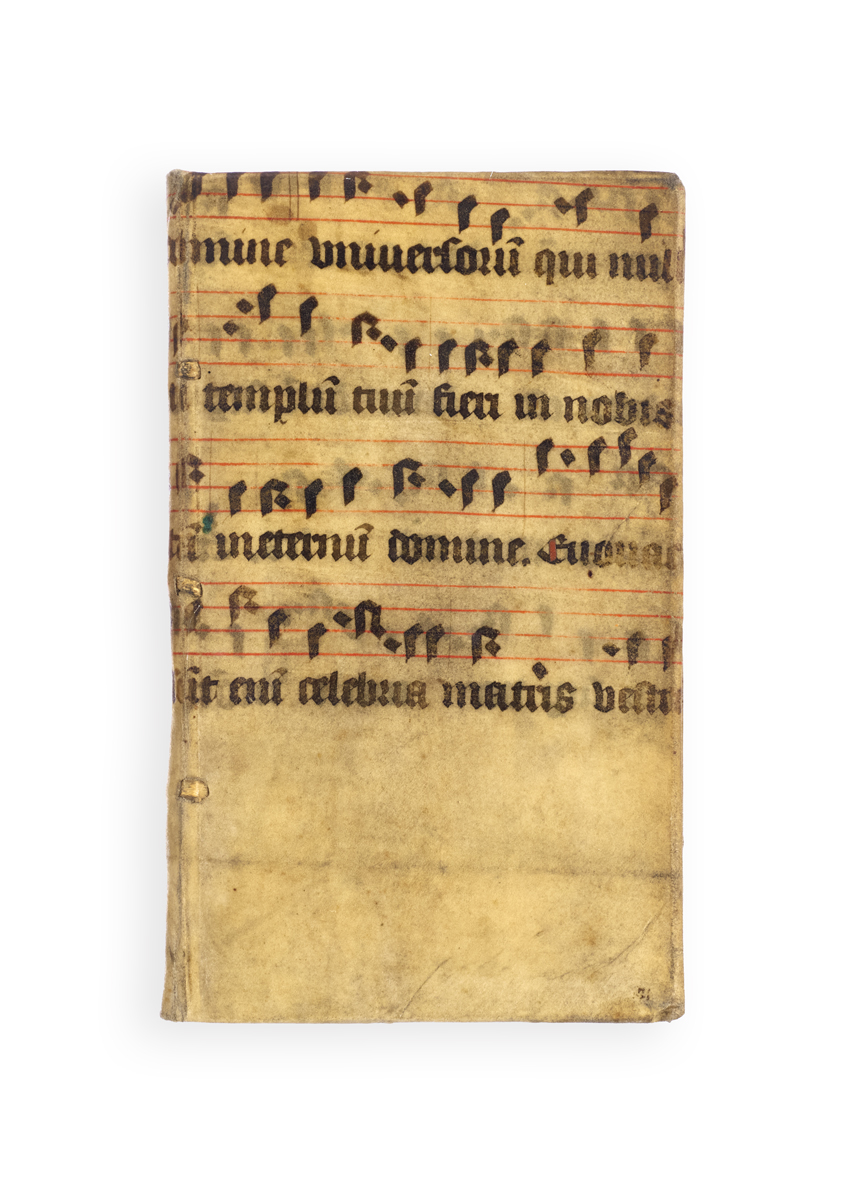

‘GIVEN ME BY THE AUTHOR’
MANLEY, Mrs. [Delarivier].
The Power of Love: in seven Novels viz. I. The fair Hypocrite. II. The Physician’s Stratagem. III. The Wife’s Retirement. IV. V. The Husband’s Resentment. In two Examples. VI. The happy Fugitives. VII. The perjur’d Beauty …
London, Printed for John Barber … and John Morphew … 1720.
8vo, pp. xvi, 368, with an initial advertisement leaf; some occasional light foxing but a very good copy in contemporary panelled calf, rebacked, new endpapers; from the library at Porkington (Brongyntyn), inscribed ‘given me by ye Author L[ewis] O[wen]’ on a front fly-leaf, and ‘Eliz. Owen’ on the title-page.

Added to your basket:
The Power of Love: in seven Novels viz. I. The fair Hypocrite. II. The Physician’s Stratagem. III. The Wife’s Retirement. IV. V. The Husband’s Resentment. In two Examples. VI. The happy Fugitives. VII. The perjur’d Beauty …
First edition, apparently a presentation copy, of Delarivier Manley’s last work of prose, a collection of seven amorous novellas partly derived from William Painter’s Palace of Pleasure (1566), ‘adding divers new Incidents’, and supplemented by several original compositions. Historically dismissed as an ‘adaption’, The Power of Love in fact shows Manley deliberately engaging with literary tradition, ‘with the same Design at Mr. Dryden had in his Tales from Boccace and Chaucer’.
‘In this underrated work Manley thoroughly transforms her sources to make them relevant to contemporary contexts and debates, delivers racy plotting, and panders to her readers’ voyeurism’ (Oxford DNB). Usually considered less political and less radical than her earlier work, it is often remembered for the violent revenge of Violetta against her bigamist husband in Novel III ‘The Wife’s Resentment’. But recent critical reappraisal has drawn attention to, among other things, the expansion of the roles of the servants in Novels IV and V, to contrast the differing treatment of male and female servants when they expose an infidelity; and the provision of a backstory for the Duchess of Savoy in ‘The Fair Hypocrite’, which serves to exonerate her (for Painter her passions are illicit, for Manley they are product of a flawed marriage not a flawed character) (New Perspectives on Delarivier Manley, 2017, especially chapters 2 and 8).
Manley (1670–1724), most famous for the New Atlantis (1709), an anti-Whig satire for which she and her publishers were arrested, had a sad but colourful personal life that might have left her with desires for revenge, commencing with a bigamous marriage to her cousin, the MP John Manley, who then abandoned her. Also a writer for the stage, she was a friend of Catherine Trotter, Richard Steele and Jonathan Swift. Manley’s family was originally from Cheshire and Denbighshire and had split on political lines in the previously century – her scapegrace cousin and seducer was born in Wrexham – and she may also have spent time there: certainly her network was preponderate with west-country Tories, and the Owens of Brogyntyn were the staunchest of west-country Tories. Robert Owen was in Parliament alongside John Manley; his son Lewis Owen (1696–1746) was ‘the charmer of the family: witty, entertaining and popular with the ladies’ (Hilary A. Peters, ‘“Dear Mama”: Mrs Owen of Brogyntyn and the Godolphin Family’, NLW, online); in 1720 he would have been at All Souls Oxford. The Elizabeth Owen who has signed the title-page was his sister, later the second wife of Sir Thomas Longueville.

